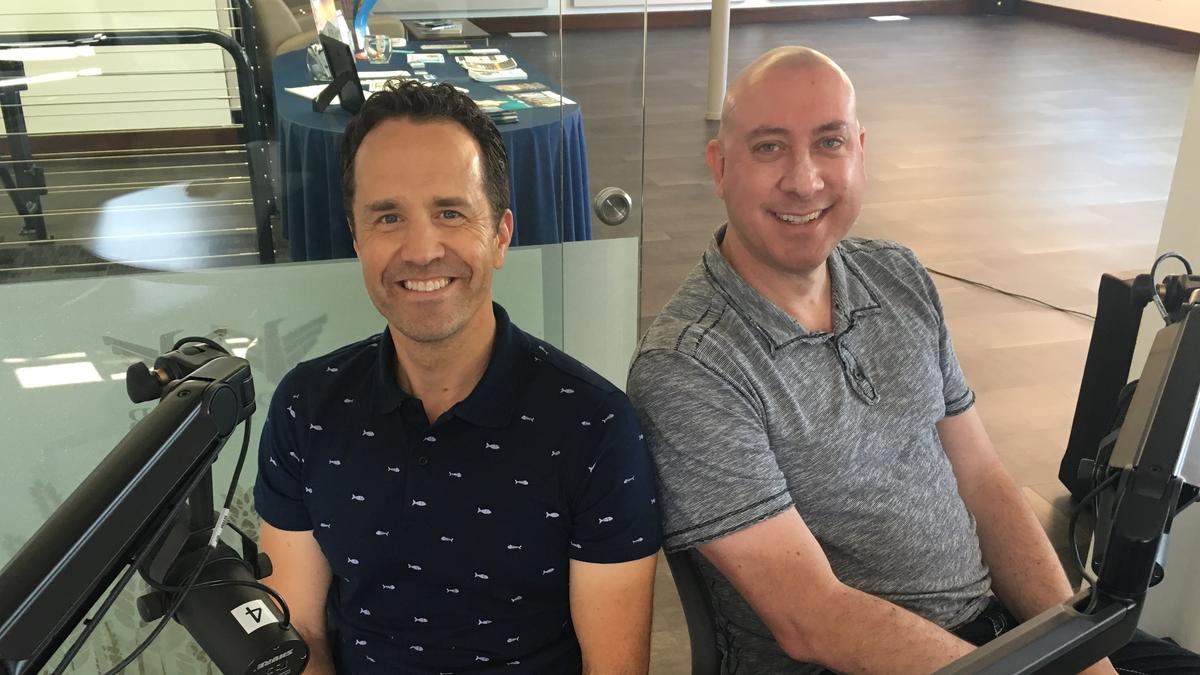Earlier this year, a flat-Earth conspiracy theorist named Mike Hughes lifted off aboard a self-made, steam-powered rocket. “Mad Mike,” as he has been called by the Associated Press, mistakenly believes that the Earth is flat.
His plan was to launch himself upward of 1,800 feet, with the goal of making it high enough to prove the planet’s flatness. He planned to take a photo.
In his latest effort, the rocket reached 1,875 feet above the Mojave Desert near Amboy, Calif., before making a “hard landing which sheared off the nose cone,” he posted on his Facebook page.
The cone, with Hughes inside, fell back to Earth attached to a parachute. He was dropping at 350 mph before pulling his parachute, but that wasn’t enough to slow him to a reasonable speed. He ended up pulling a second parachute before crashing.
Upon landing, he told the Associated Press that aside from an aching back, he was fine, and “relieved,” adding “I’m tired of people saying I chickened out and didn’t build a rocket. I’m tired of that stuff. I manned up and did it.”
Some people might laugh at Hughes, but you have to admire someone who believes so strongly in his convictions that he is willing to put his own life at risk.
Others believe the moon landing was faked or that the 9/11 terrorism plots were arranged from within the U.S. government. Some people believe that President Kennedy’s assassination was carried out by the Soviet Union.
Some think that secret societies try to influence such things as elections. Others think that aliens from other planets have visited us, and the government knows about it but won’t tell us.
Social media also have given new life to conspiracy theories. So much information is passed along that goes unchallenged, so people believe it is true.
What do all these things tell us about ourselves or the times that we live in?
There’s a lot of distrust. People don’t trust those in power, the government, the media and those who control the message.
Second, people must feel powerless. It seems like when the government or scientists won’t comment on a matter, it somehow gives credibility to the conspiracy. But yet when they do comment, it also seems to give credibility to the theory. It’s a tough call.
Before we are too quick to condemn all the conspiracy theorists, we should review our own beliefs. Do we have any beliefs others might find laughable. It’s not fun to have others laugh at your beliefs. But we must also explain why conspiracy theories are untrue.
With the flat earth, for example, photos from space or the lunar eclipse could help prove flat earth wrong.
It seems when we are too quick to condemn, we give a platform or reason for others to believe what obviously isn’t correct, especially in this day of social media.



